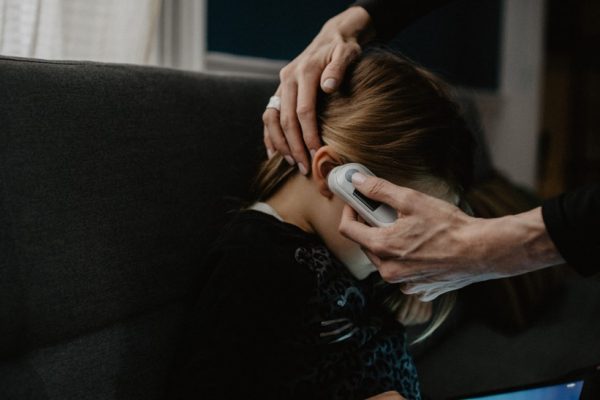
Preventing illness in child care
When children are in a room, playing together in child care there is always a chance of getting infected. Both infants and toddlers who depend on care givers for their health in day care facilities or preschools are more prone to such infections. Children wipe their nose or rub their eyes and then touch toys and other children. Virus thus becomes contagious and causes illness.
Viruses that are responsible for colds and flu cause most sickness in children in child care facilities. Sore throat, cold, cough, vomiting, diarrhea – these are some of the common sickness child will face after such infection. With all the preventive measures still, the infections spread in child care center. Both child care facility and parents must give attention so that other children should not get infected easily.
In many child care facilities where one or two staffs are working, taking care of sick child or children or giving proper attention to sick child might not be possible due to limitation of staffs, space and while giving attention to other children. In child cares where there is space and enough staff members are available, sick child should be kept in a comfortable place and must be allowed to rest and parents must pick up the child from that room so that other children not exposed to illness. If the child needs minimal care and does not need exclusion, then child can lie down in within sight of care giver.
Some of the recommendations to avoid sickness in child care
- Prevent sick child from participating in activities.
- Staff members of child care should not compromise the health and safety of other children to avoid spreading of harmful conditions
- Any child with respiratory and fever symptoms should be excluded from child care till the child recovers.
- To reduce the risk of infection child care providers and children of child care facility must receive all recommended immunizations including flu vaccine.
- Practice good hygiene in child care is important. This include:
- Sink and water to wash hands.
- Separate sink for food preparation and hand wash
- Toilets and sinks must be clean and readily available for child
- Water or disposable paper towels must be available for all children
- All toys that infants and toddlers put in their mouth must be sanitized
- Door handles, drinking water unit, toilet surface, diaper changing area must be cleaned and disinfected everyday
- All play tables and potty chairs must be cleaned and disinfected
- All children and care staff must be fully immunized including flu vaccine
- Food should be stored properly. For infants and toddlers who drink breast milk from bottles – bottles must be labeled and stored properly.
Hand wash is a must in child care facility and instructions for staff members should be:
- When staff arrive in facility they must wash hands
- Before and after handling food, while feeding child hands must be washed.
- After helping child to use toilet, changing diaper – hands must be washed
- After cleaning nose, eyes and mouth of a child
- After playing with toys and sandboxes
- Before and after giving medicine to children
- After using restroom or toilets for personal use
- After removing/handling garbage
Parents must also check with child care facility regarding health consultation availability that is needed in case of emergency or if the child falls sick in the facility. Review the policies of child care before signing up your child with a care facility.
References:
https://healthylife.werindia.com/
https://www.healthychildren.org/
Image credit: Photo by Kelly Sikkema on Unsplash (Free for commercial use)
Author: Sumana Rao | Posted on: July 19, 2022
« Electronic device free zone helps kids development Diet Tips For Kids With Diabetes »






















Write a comment